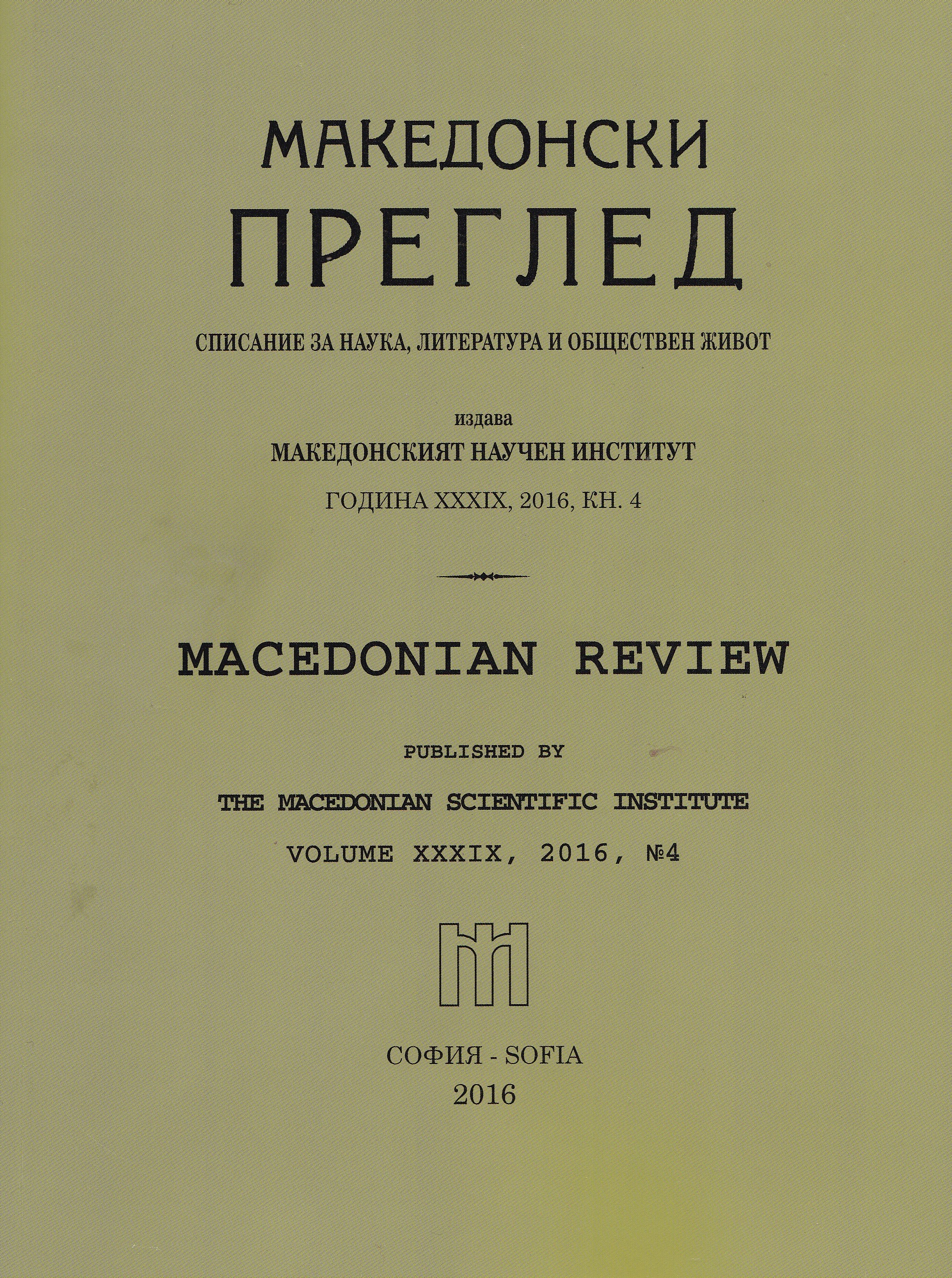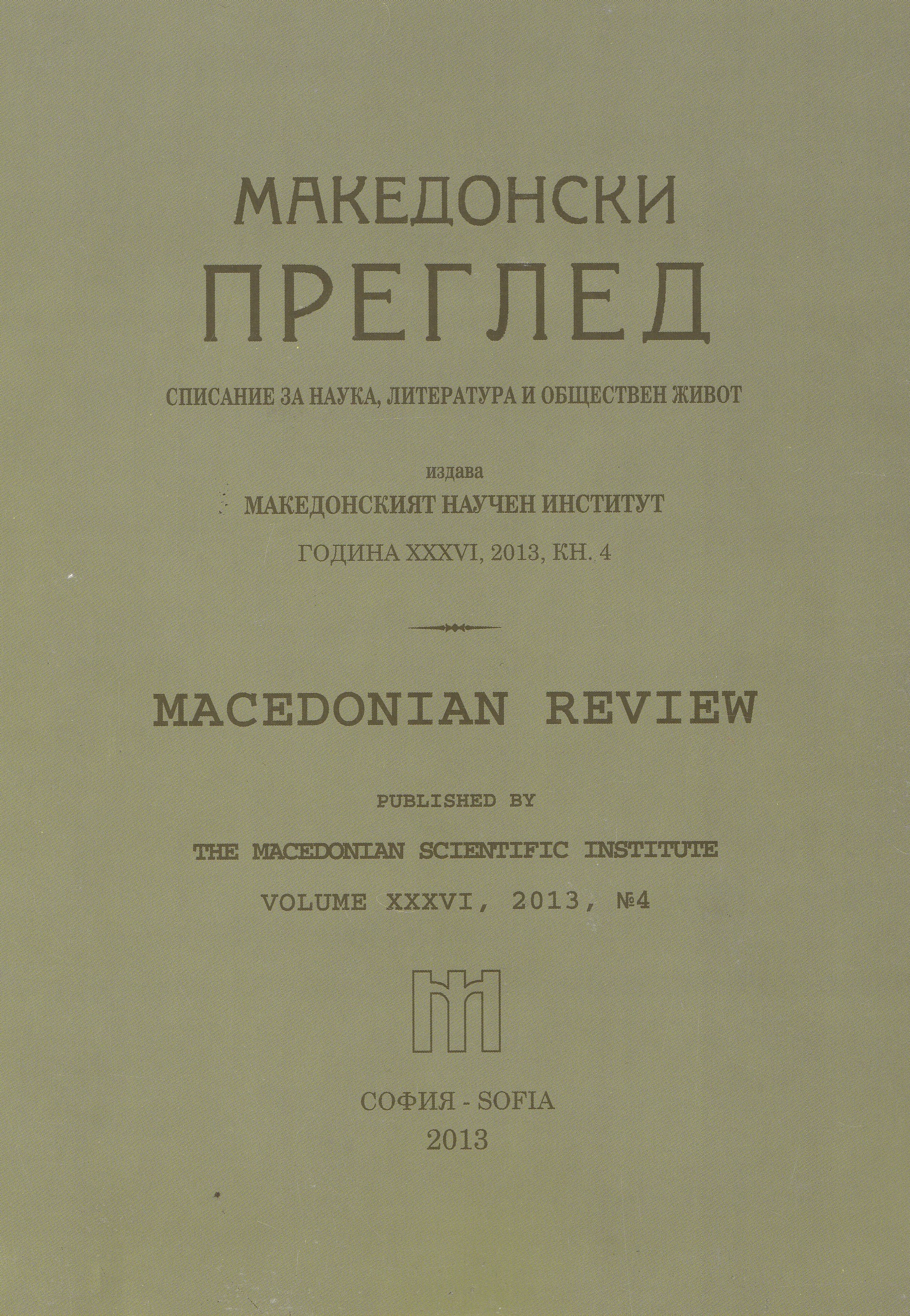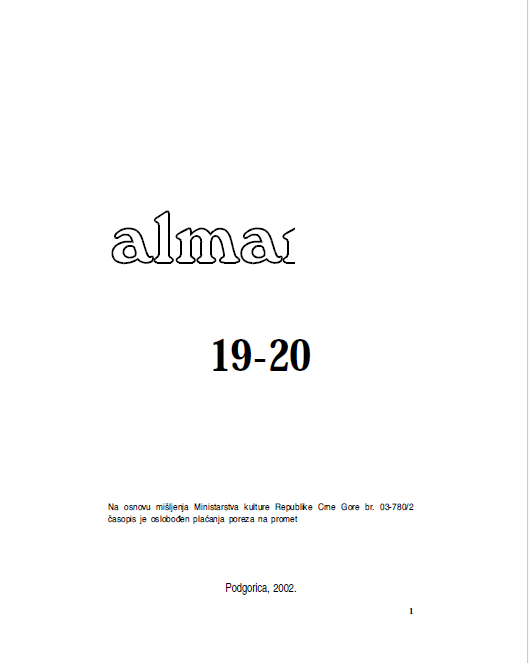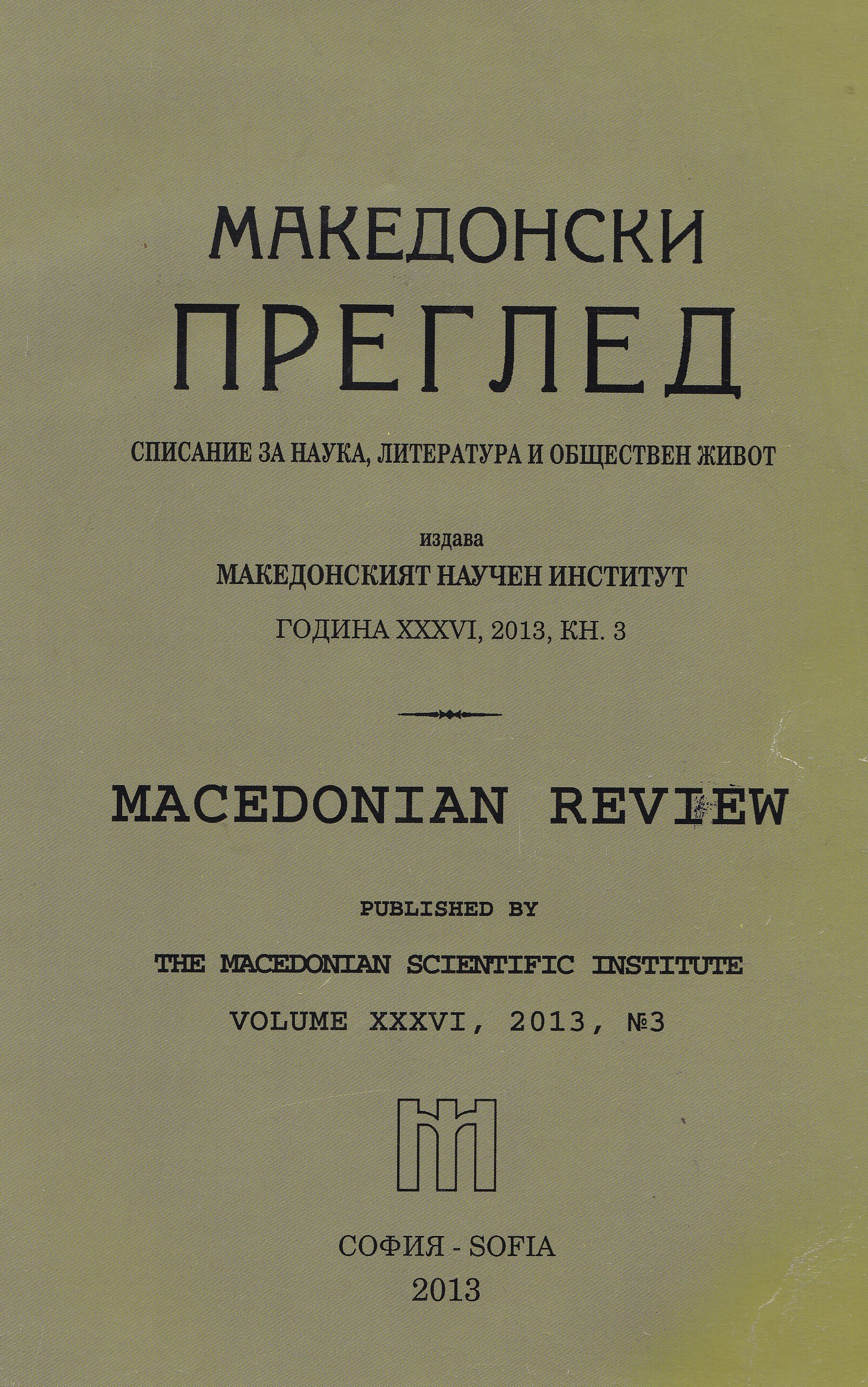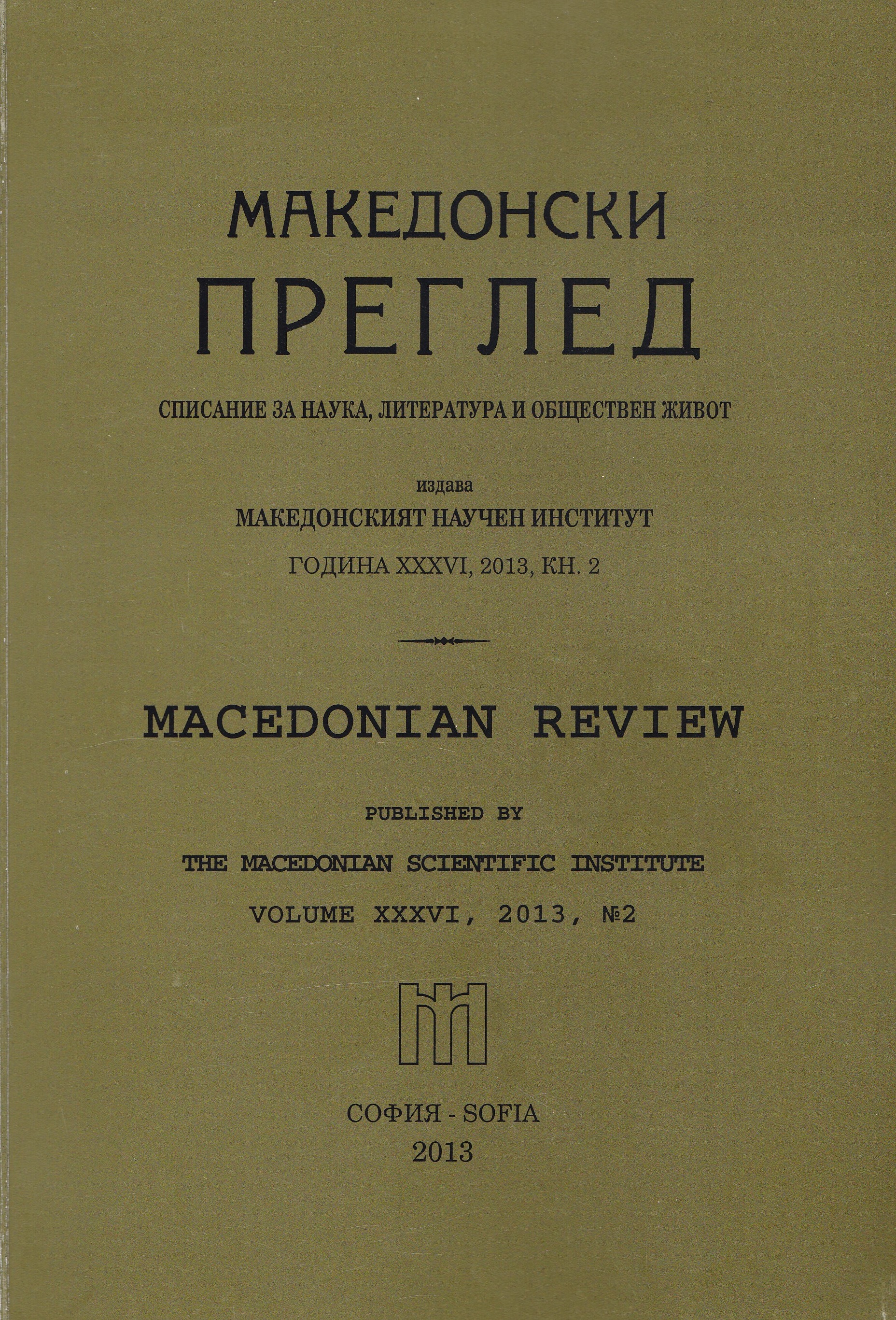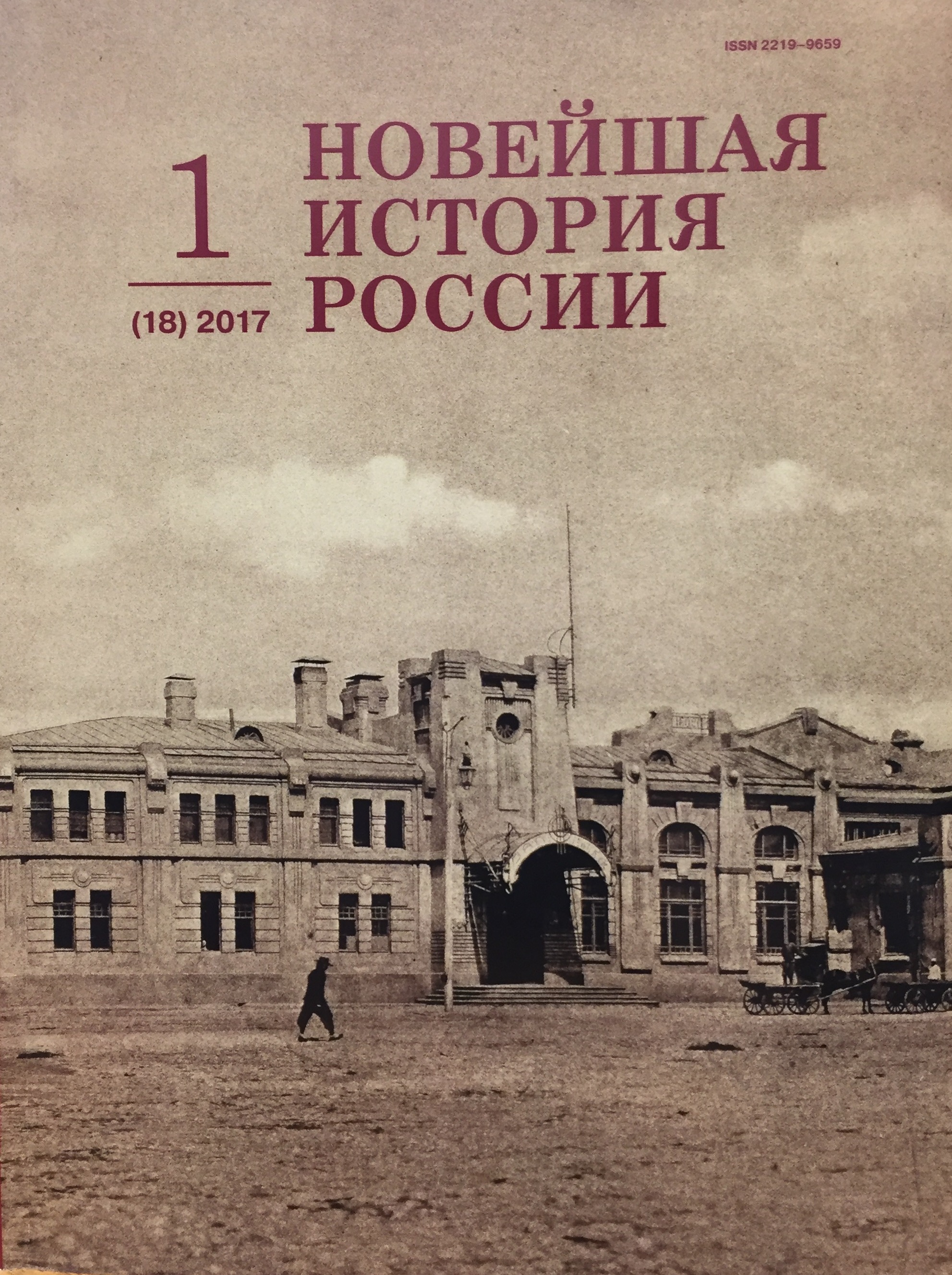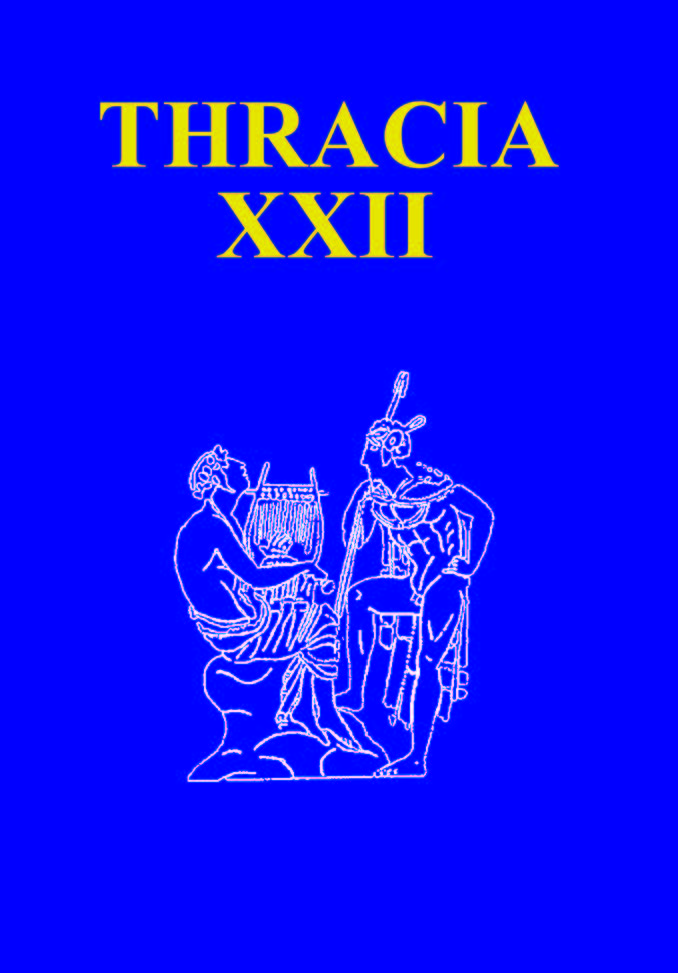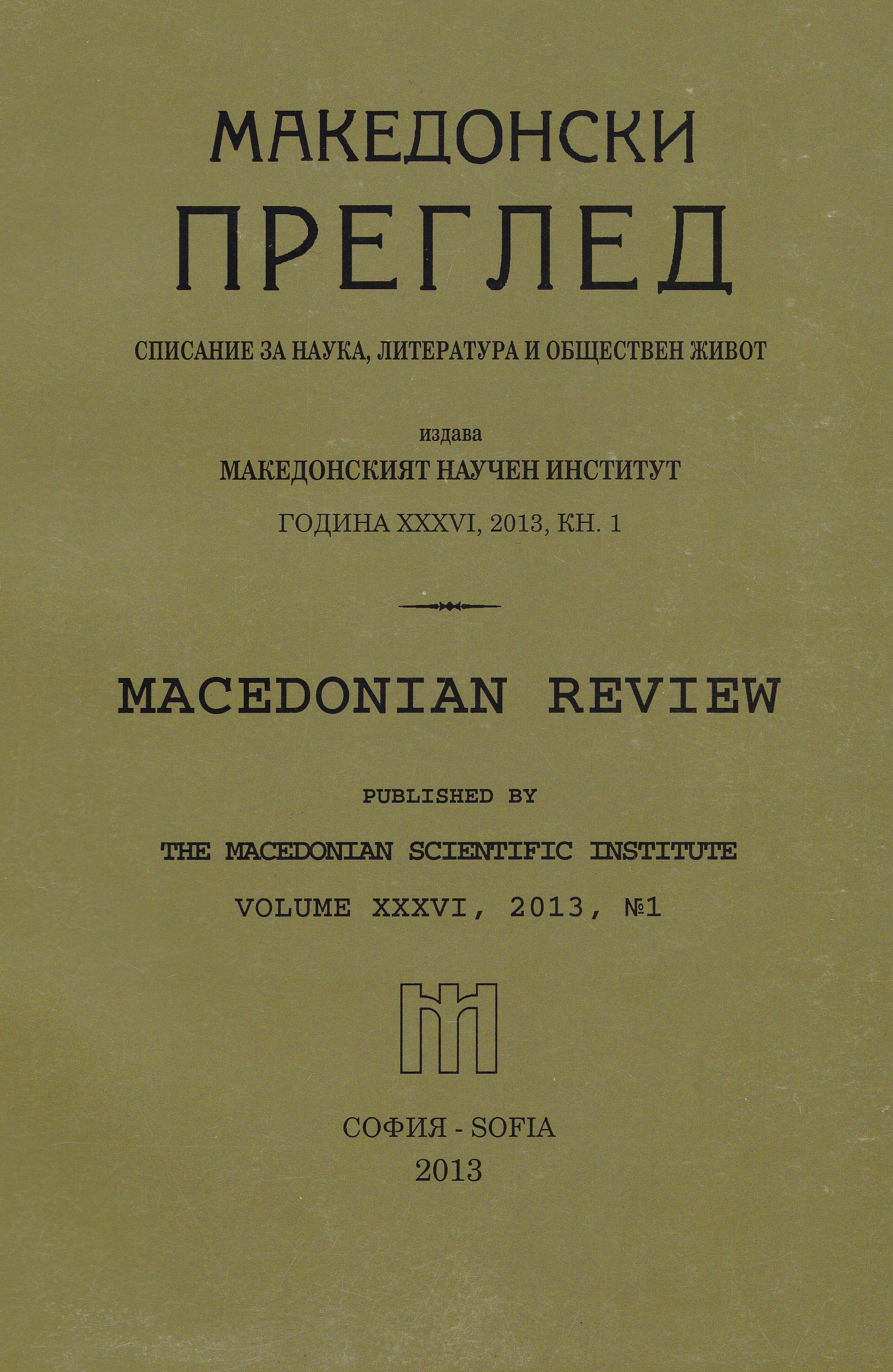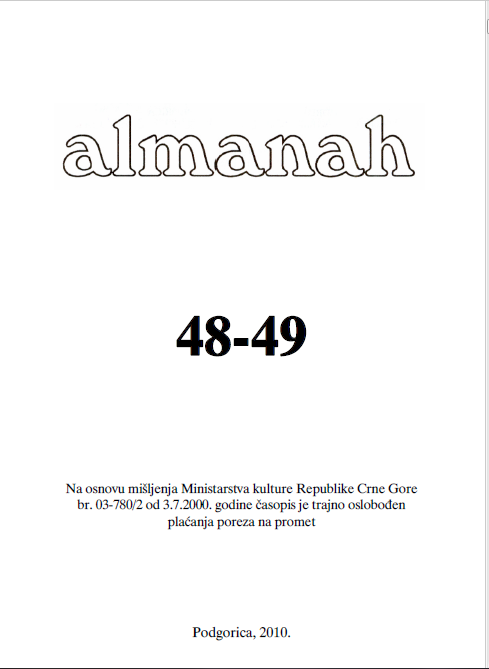
TRAGOVI PROŠLOSTI U STAROM BARU I NJEGOVA ZAŠTITA I REVITALIZACIJA
Da bi se na pravi način spoznala sadašnjost nekog mjesta i da bi se mogla kvalitetno planirati njegova budućnost, neophodno je dobro upoznati svu prošlost koja je za sobom ostavila različite tragove. Ponekada i ono što izgleda sićušno i nevažno, ili zaboravljeno i ostavljeno, može u izvjesnom trenutku doživjeti ponovno vrednovanje i iznova značiti i postati dio života. Danas, u modernom dobu, kada su tehnologije postale dovoljno razvijene da više nikakav arhitektonski oblik ne predstavlja građevinski problem, ljudsko divljenje i poštovanje okreće se prošlosti i onim, nalik skromnim i jednostavnim, ručnim tvorevinama davnih neimara i umjetnika.
More...
